interview by Michael McCarthy
Wild Beasts, one of today’s most popular bands out of the United Kingdom, released their fifth album, Boy King, back in August and it’s one of the best records I’ve heard this year, packed with songs that are equal parts catchy, pop-minded affairs and intellectual, artistic statements. It’s also one of the most thought provoking albums I’ve heard of late, essentially a tale about the male ego, highlighting the positive and negative things that it embodies. In the following interview, I chat with frontman Hayden Thorpe about whether or not he is the boy king the album refers to, the surprising way he programmed the albums fantastic electronic elements, and the connection between sex and death. Plus, we have plenty of the random questions you know and love.
MM: Regarding the album title and lyrics referring to the Boy King, I was wondering if the boy king is a part of yourself or if you were writing about a character?
HT: Well, I think Boy King in many ways it an over-arching title. So, the name of the alter-ego, though, is kind of expressed in the record, really. I use the word alter-ego because it’s a forgiving term. If you say, “oh, it was my alter-ego,” it’s like a get out clause. It wasn’t me. I’ll say alter-ego because it gives me a kind of safe disguise. Yeah, it’s self-referential in that, you know, being in a band, being on stage, kind of being in this kind of hyper male position to some respect is symbolically kind of kingly. Held in esteem that is kind of above, whether that’s true or maybe I invented it, I don’t know, but I certainly have a sensation often of being kind elevated. It can be a peculiar sensation of enjoying the kind of weightlessness and simultaneously wanting the ground. I guess the boy – the boy king – is kind of the fact that no matter how far you strive and how far you push yourself, you’re an adult, you’ve got this. That child will never leave you. That vulnerability and that awkwardness and inability to cope is always within you.
MM: How did working with John Congleton differ from working with some of the producers you’d worked with in the past?
HT: It was a really, really different process, actually. I think John has a method that I hadn’t come across before in that he makes music the way I imagine music was made before I knew how it was made. I always thought it happened by superstition and magic and with John it happens with superstition and magic. A hell of a lot of hard work, but there is a weightlessness to the way he works. I can’t quite define it. All I know is you go in and within an hour you’re set up and by the end of the first day you’ve recorded your first song. Whereas my usual process the first day would involve a lot of dialing of numbers and a lot of coffees drunk. I think that’s the difference, really. Especially, his studio is rather down at home, and he wouldn’t mind me saying that, it’s a work place. It’s not a museum. It’s not a place to bed my head. It’s a place where people go to work. And it’s functional. He has a grasp of his room. Which means seemingly mundane takes and ordinary events, very quickly kind of growing into something quite special without you realizing it.
MM: I understand you wrote from nine to five Monday through Friday when you were working on the album. What made you choose those hours?
HT: I think we all found it a lot easy to fall into line with society rather than rub up against it so much. Especially when you live the touring life, I think that kind of reintegration into people is an important way of plugging back into your loved ones, you know? You say I’ve been away for a year and, by the way, I’m working nights ’til next year. It’s a way of attaining the nourishment you need to be there on the weekend. Say, “Hey do you want to hang out on the weekend? I’m gonna be around.” It’s kind of a novelty for me. So, I guess that’s why we did it. And nine to five is kind of a dramatized version of events to be honest. I’d say more like eleven to four.
MM: In the press release it says that when you think about sex you think about death. What did you mean by that? Were you referring to HIV and the risks there or did you mean something else?
HT: I think I meant that sex makes us more aware of our own decay and mortality than anything else. I think we all fear a sexless future because that is a future by which we are spent. We are a species. We are here to multiply and that is our primal function in a base level. So, I think that’s what I was referring to. We are in many ways a definitive beginning and a definitive end, you know?
MM: It sounds like you were trying to make an album that was the exact opposite of Present Tense when I listen to it back to back with Boy King. Were you trying to do that?
HT: I think there are aspects of Present Tense that are in Boy King. On “Wanderlust” [from Present Tense], the kind of aggression. Anger, I guess. Anguish is a better word for the song. We kind of realized later. I think you’re right in that we’ve always found abandonment of your old records to be an important way of still doing something that you feel is valuable. It’s a quick and easy way of moving on.
MM: I love the “Big Cat” video. Who directed it and whose idea was it to have the posters and billboards and such singing the chorus?
HT: That was a Spanish director based in Barcelona called Pablo Maestro. It was his vision and I think he is a visionary director, actually. I think his idea about the posters and the CC TV was his kind of subliminal messaging how we are, as a species, always trying to outwit one another. In some respects, contort one another with power.
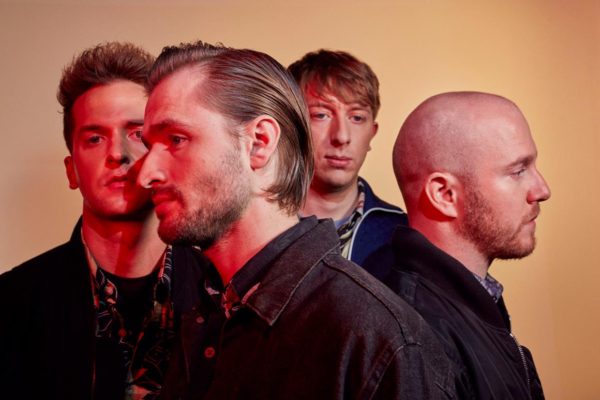
MM: What do you think about things like CC TV cameras and how we’re all basically spied on in life? Is that something you think about?
HT: It is, actually. It’s something that I feel very uncomfortable with. Luckily, there are people who watch social media and things on my behalf. Whenever I’ve delved into that level of openness I almost had anxiety attacks. And CC TV’s the same. In some respects it is a very human thing to try and gain control and to kind of increase your safety, but it kind of undercuts something intrinsic to us, which is a mutual respect and understanding. It is in our nature to want to in a sense be cooperative. I don’t think anyone in my opinion doesn’t have that sense of wanting to be part of [something]. So, it’s not a development that I feel too good about. I often fantasize, as I think many do, about that opting out into the wilderness where you can have enough have wood to chop to make a fire for the next fifty years and a pot of coffee. You’ve gotta try and show your face sometimes.
MM: There are a lot of electronic elements to the new album. What programs and drum machines and so forth did you use to create those sounds?
HT: On the most part, a very primitive iPad. You program an app. I use iPad a lot to write now. Not because it’s a fancy thing to use or because I look cool doing it, which is probably the sensation my band members might have got at first. But, actually, I see it as a very tactile instrument, the iPad. You’re digits – your fingers – as if you were kind of pressing down on the notes of the keys of a piano or strings. It doesn’t undercut that expression of bringing it to your fingertips. And our heart to fingertips, I should even say. I find it a very intuitive and quite blunt way of working and anything that kind of shortcuts the realization of an idea for me is a powerful and worthwhile thing to me. Anything that has to extend how long you think about it or how long you kind of have to whittle down the stone is not something that is an advantage to me.
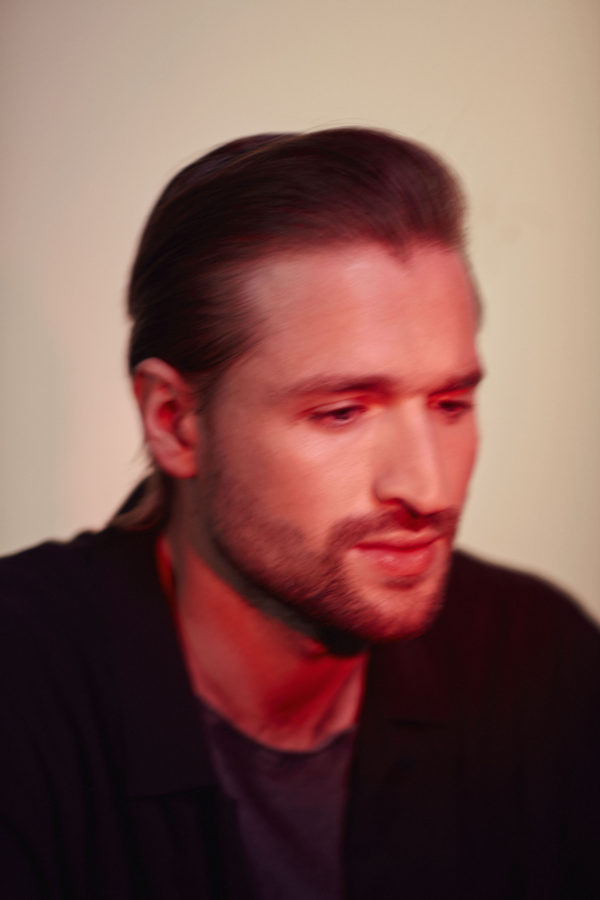
MM: What are your plans to tour behind the album? Will you be coming to the U.S. at all?
HT: Yeah, we have a bunch of shows in November. Boston, Washington, New York, Philly, Chicago, LA, San Fran.
MM: Cool. I’m in the Boston area.
HT: Yeah, come on down. It would be great to have you.
MM: Definitely. Will you have any additional touring members on this tour?
HT: No. We have done that in the past but then on a purely pragmatic level a laptop that stores all of your synth sounds both is cheaper in luggage and visas. We decided personnel became a bit of an audacious commodity in truth. In many respects, it’s been the four of us since we were kids and it’s pretty clicky once you’re inside that.
MM: We always ask some random questions with our interviews. Is that cool?
HT: That’s always cool.
MM: Cool. If you could resurrect one musician from the dead, who would you bring back?
HT: Marvin Gaye. Yeah, that’s who. Marvin Gaye. I fully believe there is a catalog, a kind of chapter in the Marvin Gaye story that would’ve played out quite beautifully. The twilight aspects that we all missed out on. His beautiful, sultry voice became something a bit more warm and a bit more leathered. I really wish I’d gotten to hear that.
MM: Name three artists from your parents’ record collection who you actually like?
HT: The Beatles, that’s a pretty universal one. Bob Dylan. And, uh… My parents didn’t have the best of tastes, I’ve gotta say. The third one might be The Moody Blues, actually. I remember them introducing me to those guys.
MM: What was the first album you ever bought with your own money?
HT: I think it was Michael Jackson, History. Or it was Pulp, Different Class. It might’ve been my birthday and I bought the two at the same time. That was the nature of 1995, 1996, Michael Jackson and Pulp, Different Class.
MM: What’s the most awkward exchange you’ve ever had with a fellow musician?
HT: [Laughs] I mean, any conversation between musicians tends to be awkward. We pick up our instruments to defend ourselves against the awkwardness that we tend to live in. They’re too easy to find, probably within my own band, I’m sure. Anyone who has spent time in bands knows that those kind of conversations can be desperately awkward.
MM: What is your biggest pet peeve?
HT: Tapping. Neurotic tapping. I can’t tune out of it.
MM: Have you ever thought about being an actor?
HT: Yeah. I’ve thought, that’s easy, I could be an actor, anyone could be an actor. And then as soon as you’re even on the fringes of it you realize it’s actually [that] these people are highly skilled and very talented.
MM: What’s the strangest gift you’ve ever received from a fan?
HT: We had some football team shirts made for us by some fans. It was a really nice gesture but slightly odd for a team shirt to have been made on our behalf.
MM: What do you think about the vinyl resurgence? I saw your new album on vinyl.
HT: Yeah, I’m surprised as anyone that this has happened but at the same time not surprised that you come to realize that there are actually these objects, which are the things that make a home. I think it’s the same aspect with a Kindle, which I actually went through for a while, then realized no, it’s the book that makes my home. The fact that I reach for this thing and remember the journey I went on with it. Same with a record. That you can stream and stream, but having that record in your house actually joins the dots up a little better.
MM: Cassette tapes are also making a bit of a comeback. What do you think of that? I think that one’s bizarre.
HT: Well, you know, cassette tapes have a sort of sonic quality to them that is actually unique to cassettes. It’s the format I grew up with. Yeah, I mean, I’m waiting for the Mini-Disc to come back. Whatever happened to the Mini-Disc?
MM: Oh, I loved those. I loved those.
HT: I loved them, too. I saw the future being Mini-Discs.
MM: I loved how you could change the order the tracks were in and split tracks in half and things like that.
HT: Yeah, yeah. A lot of our early recordings are on the Mini-Disc. I have a box of Mini-Discs at home, just kind of bedroom demos that I should one day uncover.
MM: Do you have any thoughts about the upcoming U.S. Presidential election?
HT: Yeah, I think I am the same as many people in that I feel kind of threatened and compromised by the narrowness and hostility of the right. I think, in truth, I have recently suffered Brexit in the UK and bared witness to the damage it does. And, also, I’m aware of the inspiration and brilliant Americans that have come out in defense of tolerance and open-heartedness.
MM: What is your favorite holiday and why?
HT: My favorite holiday is always in Australia. It’s a place I lived as a child so the sights and the sounds and the smells happen to be a part of my heart that belongs there.
MM: Oh, I just remembered, I wanted to ask you – the lyrics of the new album remind me of the writing of Bret Easton Ellis. Was he an influence at all?
HT: He hasn’t been, but that’s a huge compliment. And I guess the kind of slightly crazed and untapped aspect of satiating that carnal desire is probably quite [close] to what we do, yeah.
Special thanks to Hayden for doing this interview and to Evan Taylor at Domino Records for setting it up!
TOUR DATES:
Thurs Nov 3 || Santa Ana, CA || Constellation Room || TIX
Sat Nov 5 || Los Angeles, CA || El Rey || TIX
Sun Nov 6 || San Francisco, CA || The Independent || TIX
Wed Nov 9 || Chicago, IL || Lincoln Hall || TIX
Thurs Nov 10 || Toronto, ON || Lee’s Palace || TIX
Fri Nov 11 || Washington, DC || Black Cat || TIX
Sun Nov 13 || Boston, MA || Middle East – Downstairs || TIX
Mon Nov 14 || Brooklyn, NY || Music Hall of Williamsburg || TIX
Wed Nov 16 || New York City, NY || Le Poisson Rouge || TIX
Thurs Nov 17 || Philadelphia, PA Underground Arts || TIX
Listen to Boy King in full via Apple Music HERE.
Watch the visual for ‘Tough Guy’ HERE.
Watch the video for ‘Big Cat’ HERE.
Watch the video for ‘Get My Bang’ HERE.

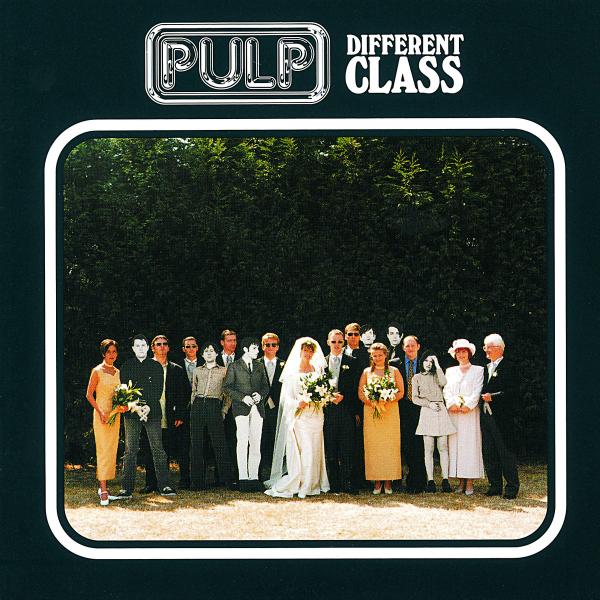
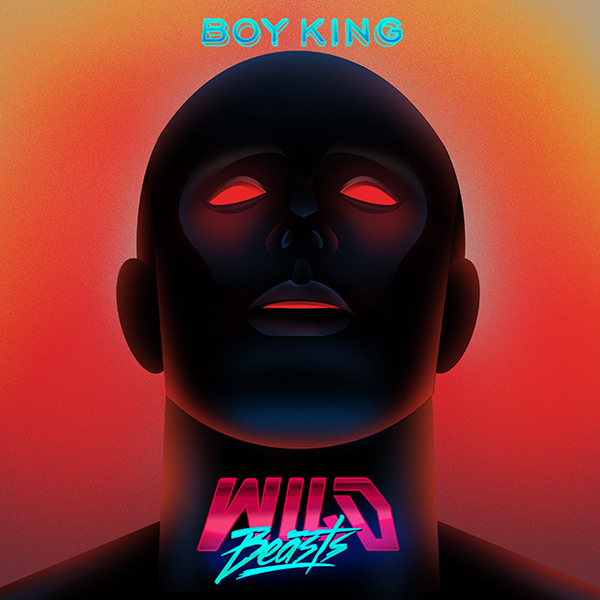
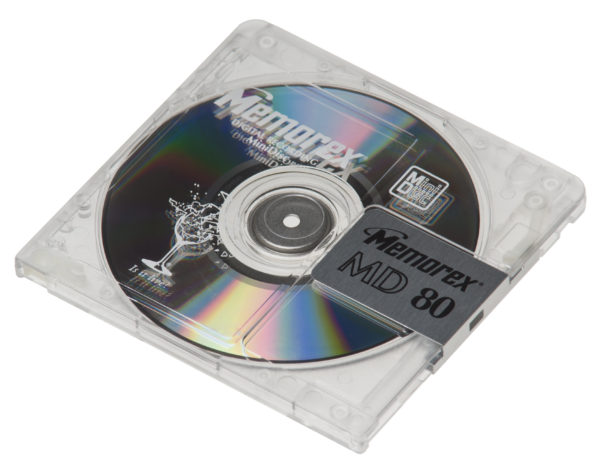
Leave a Reply